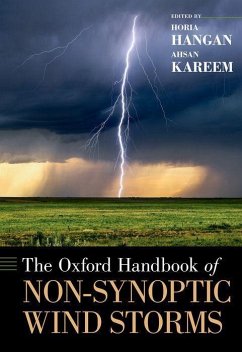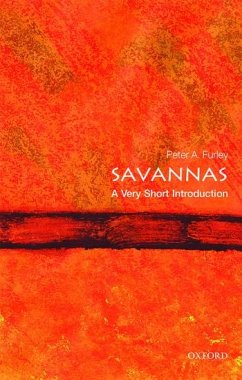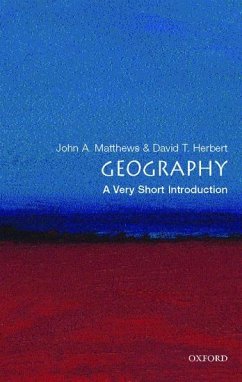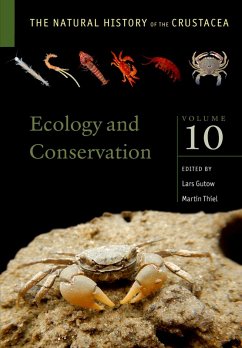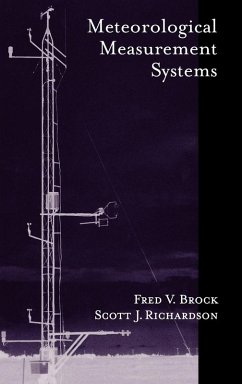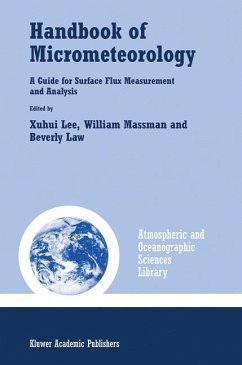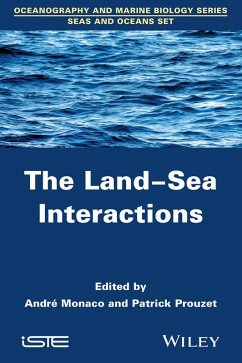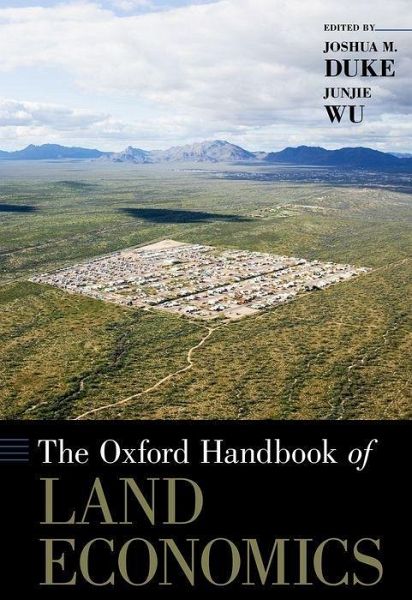
Oxford Handbook of Land Economics

PAYBACK Punkte
92 °P sammeln!
Land use change is one of the most pervasive socioeconomic forces affecting ecological systems, economic systems, and human wellbeing. This Oxford Handbook draws on recent advances in several economic fields that investigate land use behavior, making this a must-read for those who want to understand the frontier of land economics.
What do economists know about land-and how they know? The Oxford Handbook of Land Economics describes the latest developments in the fields of economics that examine land, including natural resource economics, environmental economics, regional science, and urban economics. The handbook argues, first, that land is a theme that integrates these fields and second, that productive integration increasingly occurs not just within economics but also across disciplines.
Greater recognition and integration stimulates cross-fertilization among the fields of land economics research. By providing a comprehensive survey of land-related work in several economics fields, this handbook provides the basic tools needed for economists to redefine the scope and focus of their
work to better incorporate the contemporary thinking from other fields and to push out the frontiers of land economics.
The first section presents recent advances in the analysis of major drivers of land use change, focusing on economic development and various land-use markets. The second section presents economic research on the environmental and socio-economic impacts of land use and land use change. The third section addresses six cutting-edge approaches for land economics research, including spatial econometric, simulation, and experimental methods. The section also includes a synthetic chapter critically
reviewing methodological advances. The fourth section covers policy issues. Four chapters disentangle the economics of land conservation and preservation, while three chapters examine the economic analysis of the legal institutions of land use. These chapters focus on law and economic problems of
permissible government control of land in the U.S. context.
Greater recognition and integration stimulates cross-fertilization among the fields of land economics research. By providing a comprehensive survey of land-related work in several economics fields, this handbook provides the basic tools needed for economists to redefine the scope and focus of their
work to better incorporate the contemporary thinking from other fields and to push out the frontiers of land economics.
The first section presents recent advances in the analysis of major drivers of land use change, focusing on economic development and various land-use markets. The second section presents economic research on the environmental and socio-economic impacts of land use and land use change. The third section addresses six cutting-edge approaches for land economics research, including spatial econometric, simulation, and experimental methods. The section also includes a synthetic chapter critically
reviewing methodological advances. The fourth section covers policy issues. Four chapters disentangle the economics of land conservation and preservation, while three chapters examine the economic analysis of the legal institutions of land use. These chapters focus on law and economic problems of
permissible government control of land in the U.S. context.




